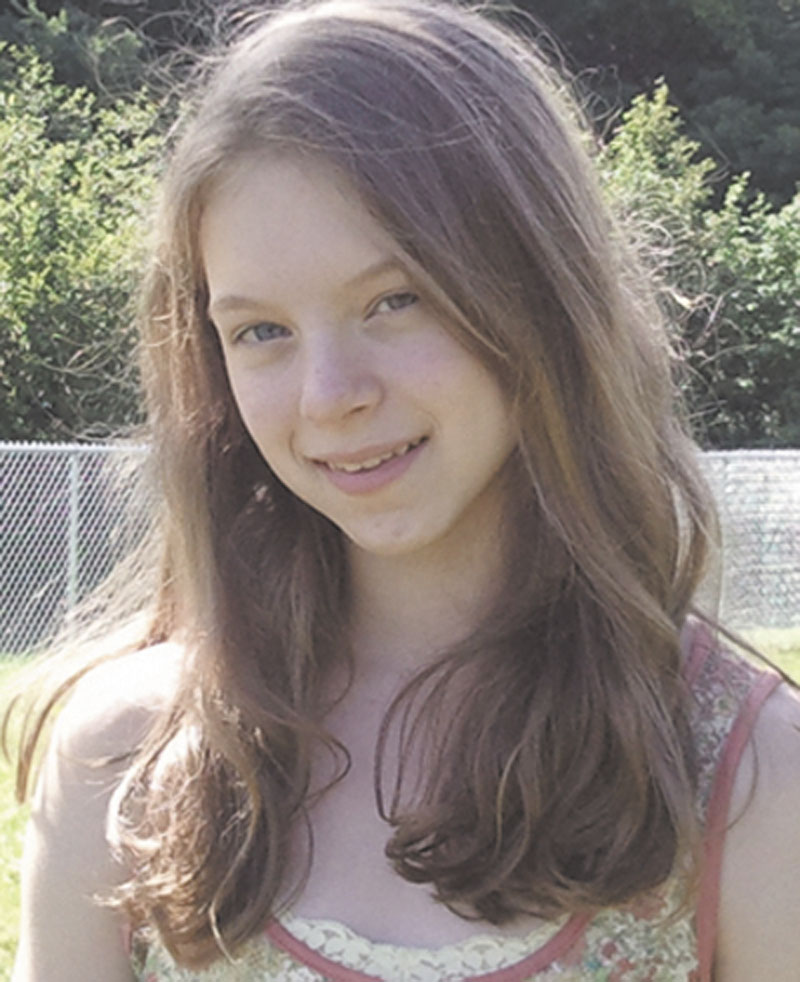A 14-year-old Waterville girl has convinced a popular national magazine for teenage girls and young women not to alter photos to make models appear thinner and more blemish-free than they actually are.
On April 19, Julia Bluhm started a petition drive on Change.org that by Tuesday had gathered more than 84,000 signatures. The petition asked Seventeen magazine to print at least one spread per month without altered photos.
Seventeen’s Editor-in-Chief Ann Shoket responded to the campaign in the August issue with a letter to readers. She acknowledged that the magazine had been contacted by readers who thought it was enhancing photos digitally and wondered if the magazine had “gone too far.”
Shokot vowed in the letter that Seventeen will never change the shapes of girls’ bodies or faces.
“Seventeen listened!” Bluhm wrote Tuesday in a message posted on Change.org’s website. “They’re saying they won’t use Photoshop to digitally alter their models. This is a huge victory, and I’m so unbelievably happy.”
Bluhm, who is attending ballet camp this week, could not be reached for comment Tuesday night.
Shareeza Bhola, a spokeswoman for Change.org, said the organization is proud of her efforts.
“It’s great to see such a young girl taking on these issues,” Bhola said.
Bluhm, who also blogs on Spark — an organization that fights the sexualization of girls — says in her petition that she is in a ballet class with high school girls.
“On a daily basis I hear comments like: it’s a fat day and I ate well today but I still feel fat,” Bluhm wrote. She said the pressure that teenagers feel to look pretty can be unbearable.
Bluhm said magazines such as Seventeen can help ease those social pressures, but those “pretty women we see in magazines are fake. They’re often photoshopped, air-brushed, edited to look thinner and appear to have perfect skin.”
Her petition gathered 25,000 signatures in a matter of days, prompting Shokut to invite Bluhm and her mother to visit Seventeen’s offices in late April.
Things remained quiet until the August issue of Seventeen hit newsstands.
“One of Julia’s cohorts opened up her issue of Seventeen and found the letter (from Shokot),” Bhola said.
Shokot’s letter to readers provides insight into the magazine’s photography and why it decided to create a Body Peace Treaty, which it hopes will help young girls stop obsessing about their bodies.
Shokot said Seventeen retouches images, removing wrinkles in fabric, stray hairs, pimples and bra straps, but never alters the way the girls really look.
She said the petition drive made her realize that the magazine had to be more public about its commitment.
That led to the Body Peace Treaty, which was endorsed by the National Eating Disorders Association and the Commission for Positive Images of Women and Girls.
The treaty contains eight conditions that Seventeen magazine’s staff must abide by, including “never change girls’ body or face shapes (Never have, never will).”
The treaty says the magazine will “celebrate every kind of beauty in our pages. Without a range of body types, skin tones, heights, hair textures, the magazine and the world would be boring.”
Send questions/comments to the editors.




Comments are no longer available on this story